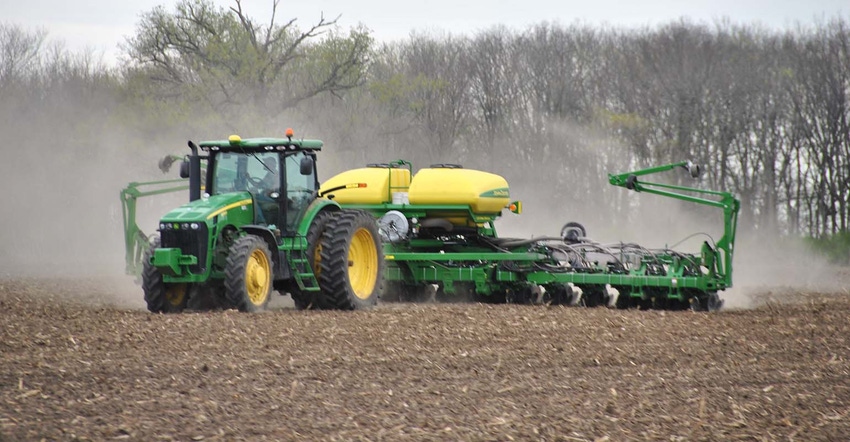
How do I figure out where I should pinch pennies and buy the lowest-cost option, and where I might want to pay a bit extra so I can buy locally? — M.P., Nebraska
Most farmers are always working to balance this. Focus on generating the greatest impact to your farm’s bottom line.
Start by evaluating what expense categories have the most effect on your business. Determine the top 10 areas.
For each area, figure out what benefits the farm receives from buying from a more costly, high-service provider. These might include the speed or level of service, warranties, and education.
Work to place a value — on a per acre basis — of what those benefits mean to your farm. It is more than price alone. As farm leaders, we need to act as stewards of our operation. The leader must focus on areas with the most impact to the financial health and efficiency of the farm.
Value might mean that your agronomist, who you pay more for because of the level of service, helped you to save 10 bushels an acre on a field through a better decision. Suddenly, something you’re paying $3 an acre for on the input side ends up yielding $40 an acre because of the insight and leadership you received through that relationship.
Your options might not just be buying local at a higher price, or going cheap and getting less. If you’re willing to pay more, you need to make sure you’re getting more. This might mean you decide to pay more because there’s more value — someone who brings more to the table.
Decide which areas you’re strong in and are willing to go with a cheaper option where you get less overall. And find the areas you’re not as strong in and need more guidance, and will pay more to get greater value.
Frye is president and CEO of Water Street Solutions. [email protected]
About the Author(s)
You May Also Like






